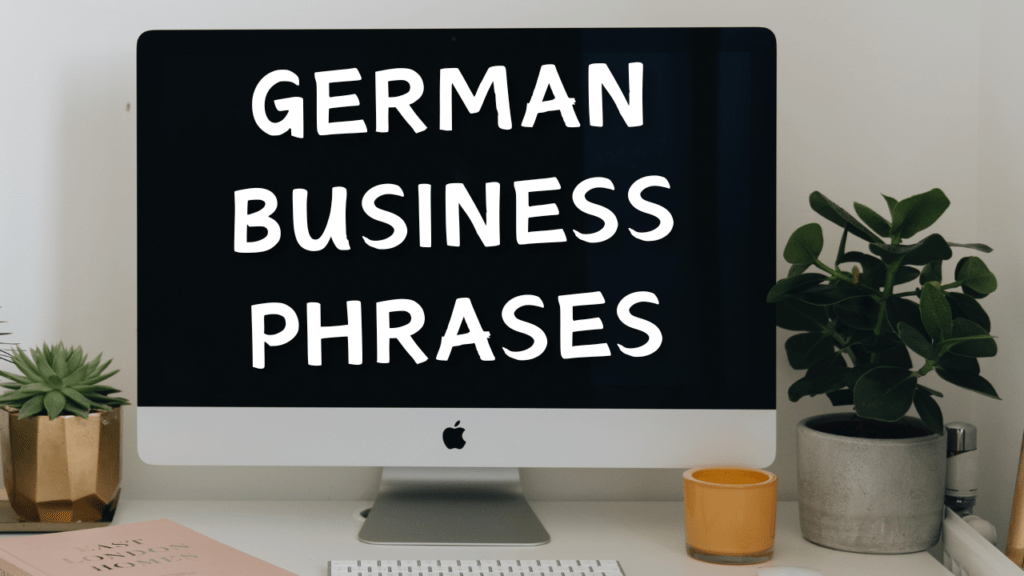
Whether you’re planning to work in Germany, negotiate with German clients, or just want to expand your professional vocabulary, learning key German business phrases and etiquette will help you make the right impression.
A common German phrase to describe a hardworking person is:
„Sie arbeitet so fleißig wie eine emsige Ameise.“
(She works as diligently as a busy ant.)
Germans value hard work, efficiency, and precision. Unlike in some cultures where long hours are praised, German workplaces focus on productivity—getting the job done efficiently matters more than working late.
Essential German Business Phrases
When working in a German-speaking office or conducting business, knowing key vocabulary and phrases is essential. Here are some commonly used expressions.
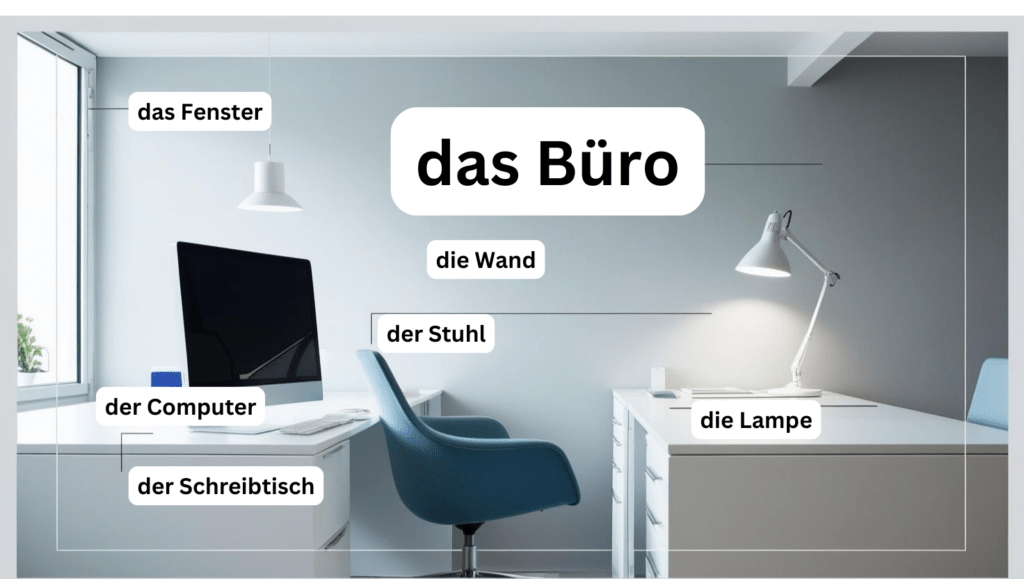
Office Vocabulary in German
- Das Büro – The office
- Die Firma / Das Unternehmen – The company
- Der Arbeitsplatz – The workplace
- Die Abteilung – The department
- Die Besprechung / Das Meeting – The meeting
- Die Konferenz – The conference
- Der Vertrag – The contract
- Das Projekt – The project
- Die Frist / Die Deadline – The deadline
- Die Präsentation – The presentation
- Das Team – The team
- Die Unterlagen – The documents
- Die Geschäftsreise – The business trip
- Die Gehaltsabrechnung – The payslip
- Die Arbeitszeiten – The working hours
German Business Phrases for Introducing Yourself & Your Role
- Ich arbeite bei [Firmenname]. – I work at [company name].
- Ich bin [Berufsbezeichnung]. – I am a [job title].
- Ich bin für [Bereich] verantwortlich. – I am responsible for [area].
- Ich arbeite in der [Abteilung]. – I work in the [department].
- Ich leite das Team für [Bereich]. – I lead the [area] team.
- Ich bin seit [Jahren] in dieser Firma tätig. – I have been working at this company for [years].
Meetings & Discussions
- Lassen Sie uns anfangen. – Let’s get started.
- Könnten Sie das bitte wiederholen? – Could you repeat that, please?
- Was ist Ihre Meinung dazu? – What’s your opinion on this?
- Lassen Sie uns zum nächsten Punkt übergehen. – Let’s move on to the next point.
- Ich stimme zu. – I agree.
- Ich bin anderer Meinung. – I have a different opinion.
- Wie sieht der Zeitplan aus? – What does the timeline look like?
- Gibt es Fragen? – Are there any questions?
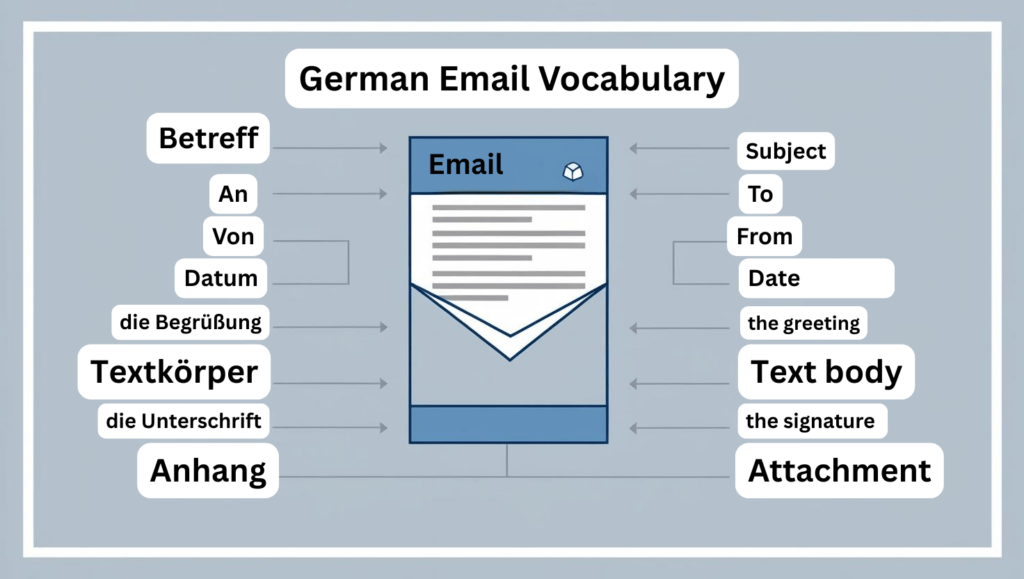
Emails & Professional Communication
- Sehr geehrte Damen und Herren, – Dear Sir or Madam,
- Sehr geehrter Herr [Name] / Sehr geehrte Frau [Name], – Dear Mr. [Name] / Dear Ms. [Name],
- Vielen Dank für Ihre Nachricht. – Thank you for your message.
- Ich werde mich so schnell wie möglich bei Ihnen melden. – I will get back to you as soon as possible.
- Anbei finden Sie die angeforderten Unterlagen. – Attached you will find the requested documents.
- Bitte lassen Sie mich wissen, falls Sie weitere Fragen haben. – Please let me know if you have any further questions.
- Ich freue mich auf Ihre Rückmeldung. – I look forward to your feedback.
- Mit freundlichen Grüßen, – Best regards,
- Mit besten Grüßen, – Best regards,
- Viele Grüße, – Kind regards,
What Do Germans Say After Work?
At the end of the workday, Germans often say:
- “Schönen Feierabend!” – Have a nice evening off!
- “Bis morgen!” – See you tomorrow!
- “Guten Heimweg!” – Have a safe trip home!
The phrase Feierabend refers to the end of the workday and the time to relax. Germans take their work-life balance seriously, and once the day is over, they prioritize personal time.
German Business Phrases for Networking & Small Talk
- Was machen Sie beruflich? – What do you do for a living?
- Ich arbeite in [Branche]. – I work in [industry].
- Haben Sie hier schon einmal gearbeitet? – Have you worked here before?
- Es freut mich, Sie kennenzulernen. – Nice to meet you.
- Ich würde mich freuen, in Kontakt zu bleiben. – I’d love to stay in touch.
Negotiations & Decision-Making
- Wir müssen eine Lösung finden. – We need to find a solution.
- Könnten Sie uns ein Angebot machen? – Could you make us an offer?
- Das ist verhandelbar. – That’s negotiable.
- Ich brauche etwas Bedenkzeit. – I need some time to think about it.
- Lassen Sie uns einen Kompromiss finden. – Let’s find a compromise.
German Business Phrases for Presentations & Reports
- Ich möchte Ihnen unsere Ergebnisse vorstellen. – I’d like to present our results.
- Hier sehen Sie eine Grafik mit den neuesten Zahlen. – Here you see a chart with the latest figures.
- Zusammenfassend lässt sich sagen… – To summarize…
- Lassen Sie mich das kurz erklären. – Let me briefly explain this.
Work-Related German Idioms & Expressions
These German work-related expressions can spice up your conversations:
- „Harte Arbeit zahlt sich aus.“ – Hard work pays off.
- „Ohne Fleiß kein Preis.“ – No pain, no gain.
- „Dienst ist Dienst und Schnaps ist Schnaps.“ – Work is work, and fun is fun.
- „Viele Köche verderben den Brei.“ – Too many cooks spoil the broth.
- „Alles in trockenen Tüchern.“ – Everything is settled (literally: Everything is in dry towels).
What is Germany’s Business Etiquette?
Understanding German workplace culture is just as important as knowing the language. Here are some key points to keep in mind:
1. Punctuality is Key
Germans take punctuality seriously. Being late to a meeting—even by a few minutes—is seen as unprofessional. Always arrive on time or slightly early.
2. Formality Matters
Germans tend to use titles and last names in professional settings. Always address colleagues and business partners with “Herr” (Mr.) or “Frau” (Ms.) followed by their last name, unless invited to use their first name. Stick to “Sie” (formal ‘you’) unless given permission to use “du” (informal ‘you’).
3. Professionalism Over Small Talk
In German offices, people get straight to the point. Meetings are efficient and structured, with less emphasis on casual conversation. While small talk is acceptable, it’s best to avoid personal topics like politics or religion.
4. Handshakes & Eye Contact
A firm handshake with direct eye contact is the standard business greeting. Avoid excessive smiling—Germans often see it as insincere in business settings.

Master German Business Phrases for Success
Learning German business phrases and etiquette can boost your confidence in professional settings. Whether you’re introducing yourself, leading meetings, or networking, these phrases will help you communicate effectively.
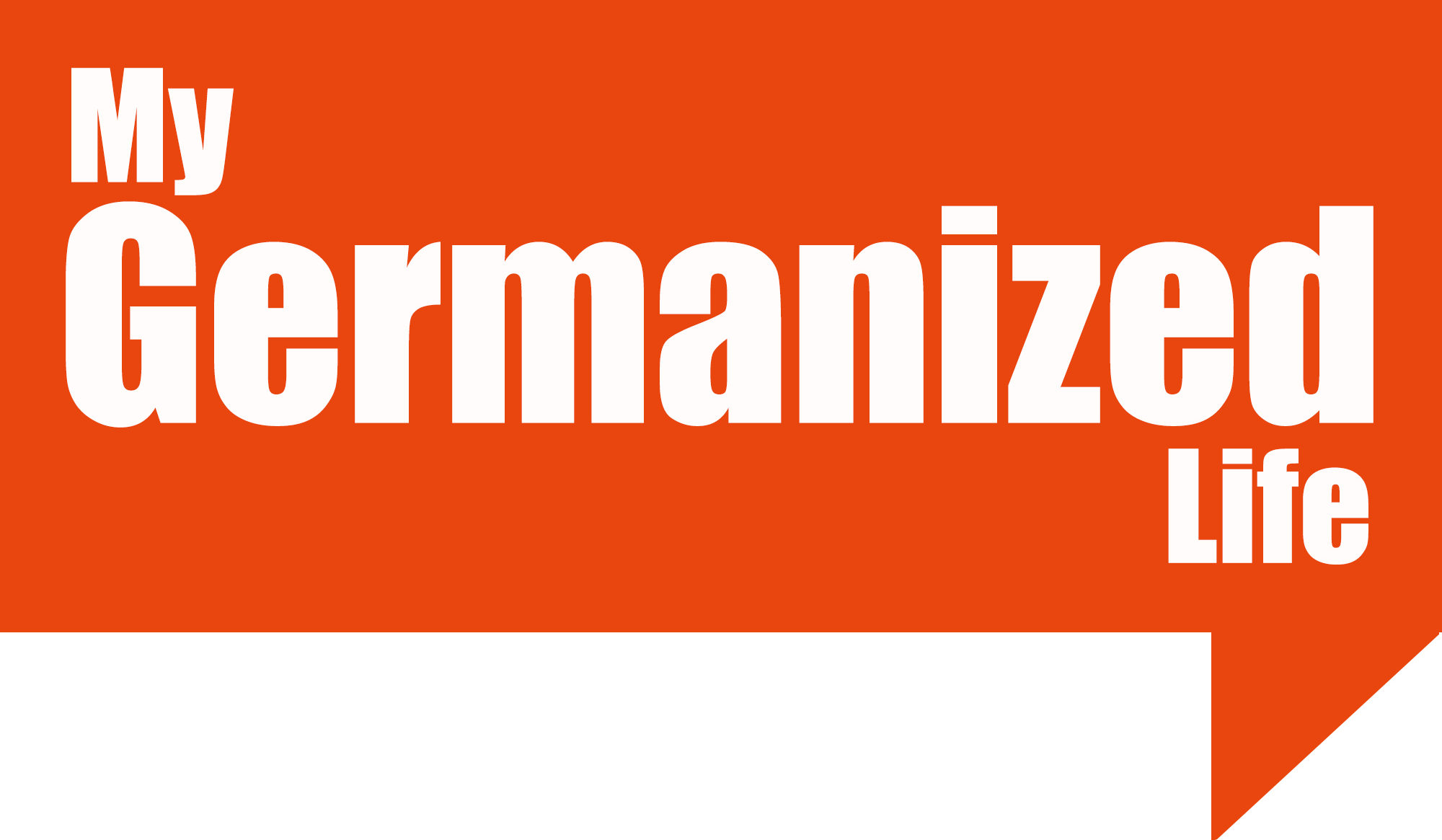
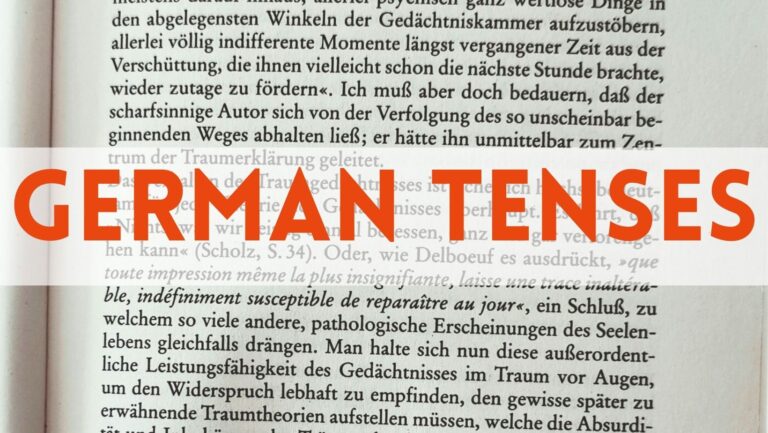
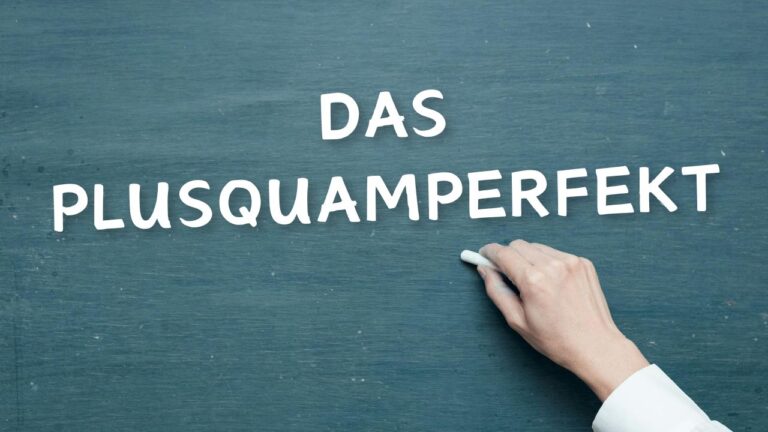
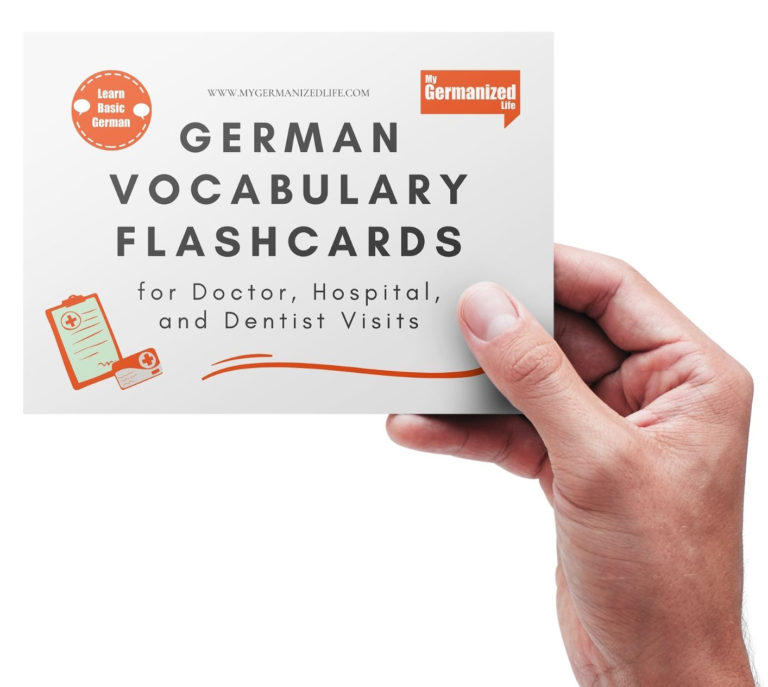
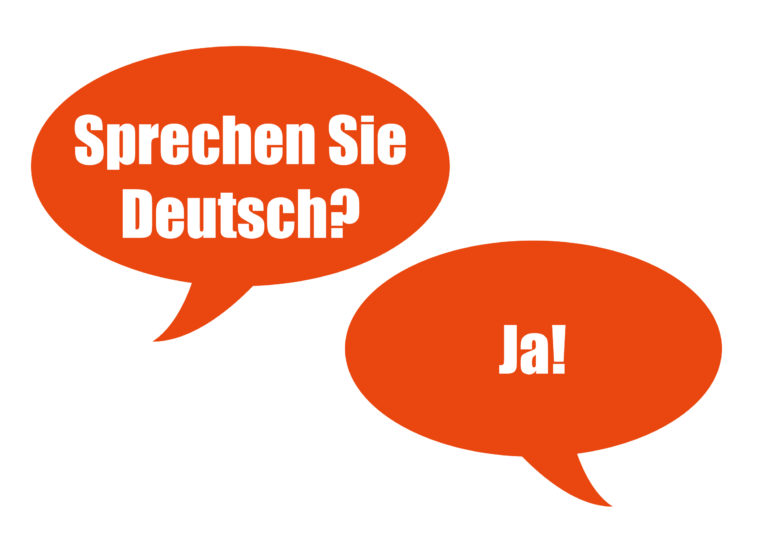
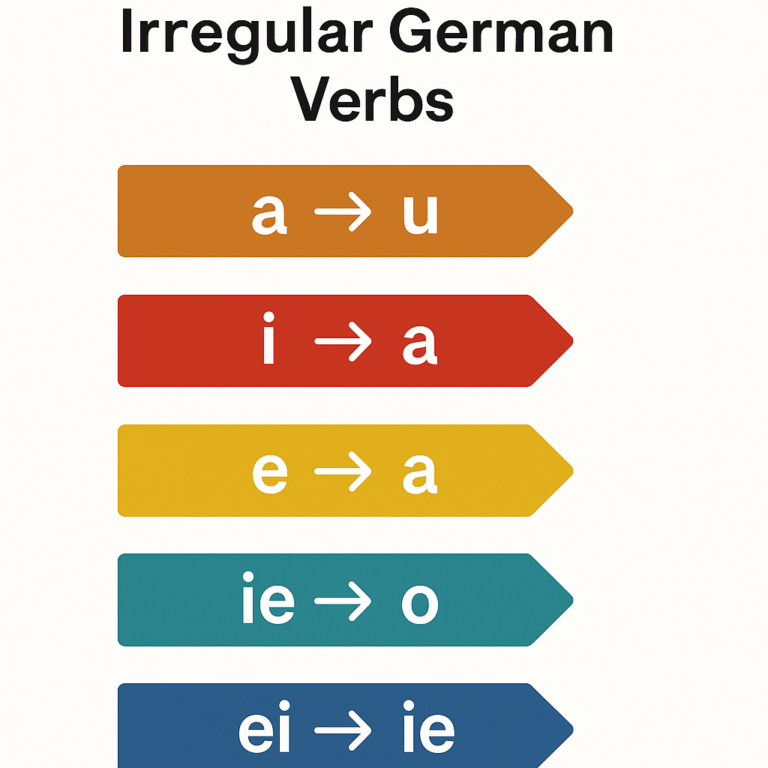
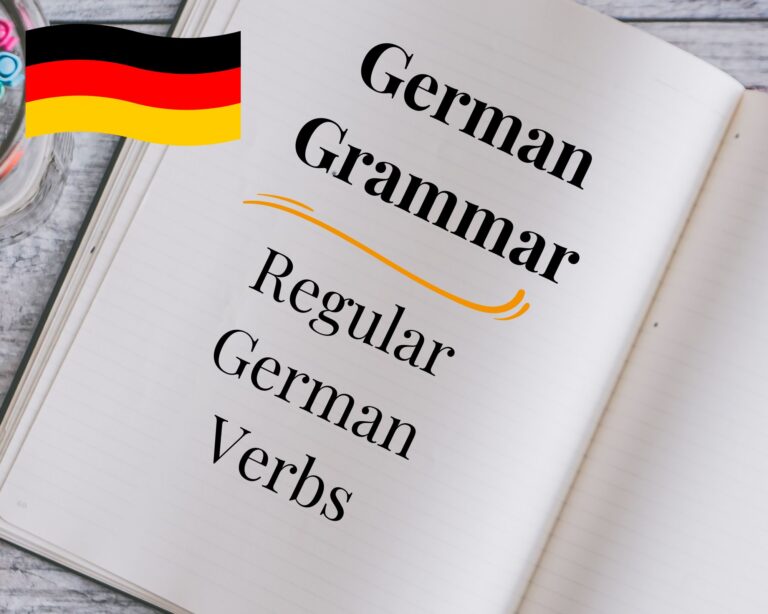

What i do not understood is in truth how you are no longer really a lot more well-liked than you may be now. You are so intelligent. You already know thus significantly when it comes to this topic, produced me in my opinion consider it from so many numerous angles. Its like men and women don’t seem to be fascinated except it¦s one thing to accomplish with Woman gaga! Your personal stuffs outstanding. All the time maintain it up!